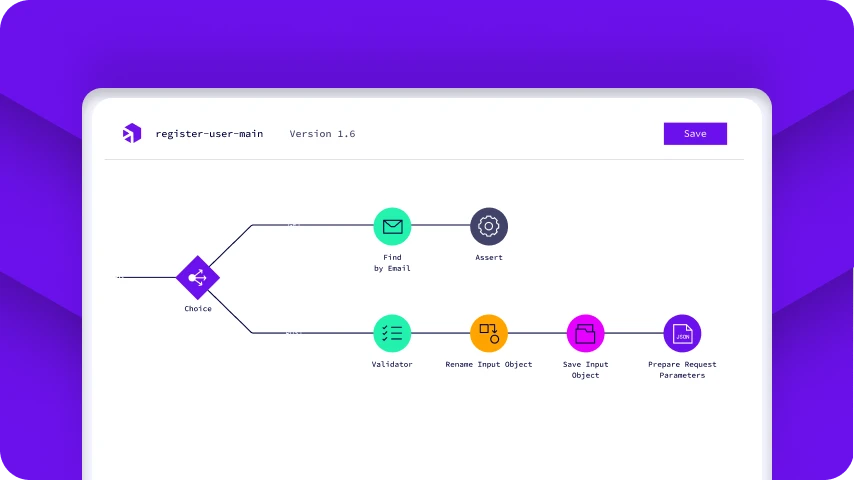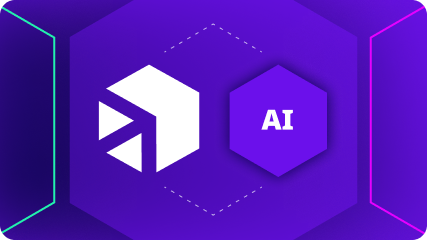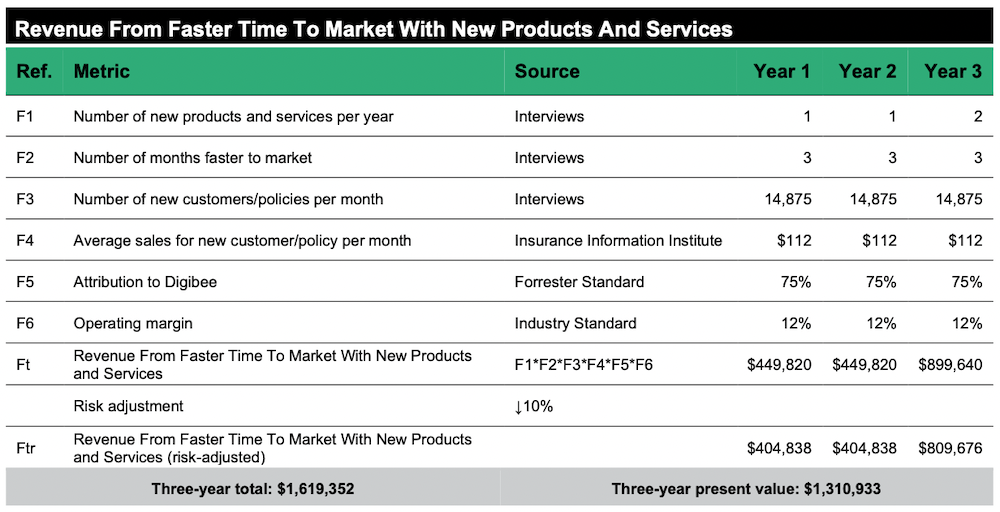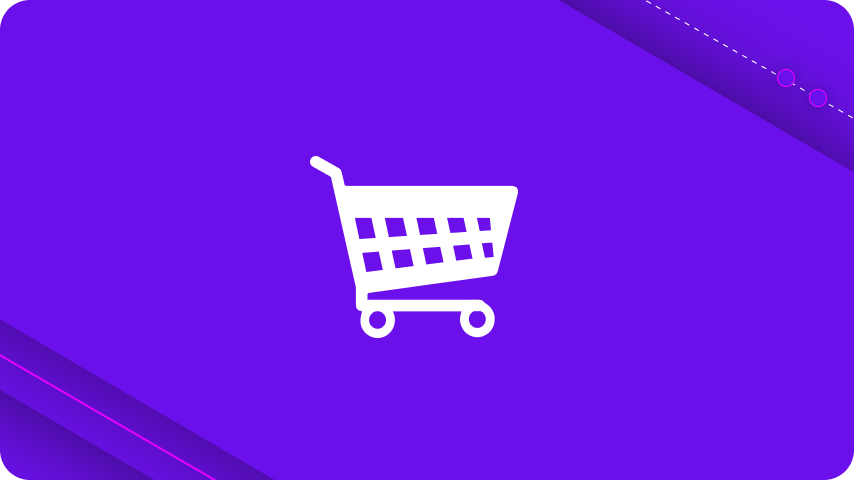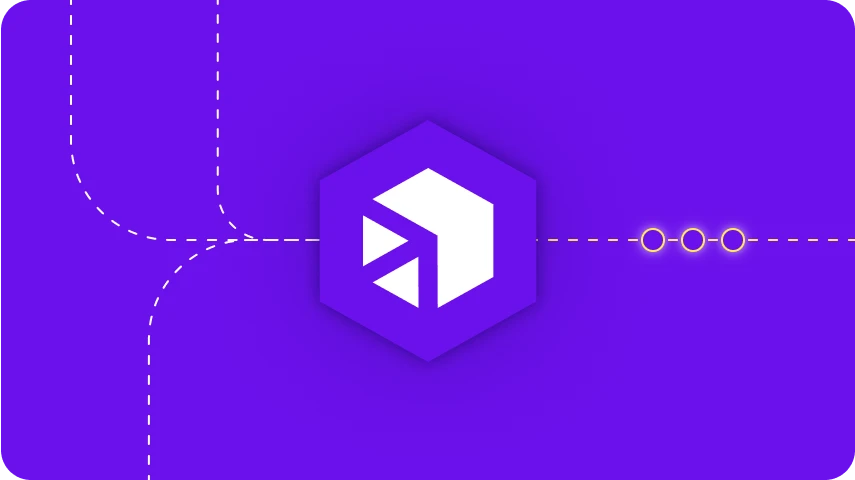
If we’ve learned anything over the past few years, adapting quickly to change is essential to the survival of the business. The foundation upon which we build our critical IT infrastructure must be capable of moving quickly, efficiently, and securely for the company to survive.
Field CTO Tam Ayers, shares his prediction for the next years.
Composable architecture provides us with the flexibility we need to weather the storms (known and unknown) that lie ahead. Instead of resisting change and investing to stabilize the status quo, composability allows us to embrace change so we can grow and even thrive despite whatever the world throws at us.
Some enterprises are well on their way, with composable architecture an established standard. Others are just beginning their journey. Where does your organization stand?
The Upsides of Composability
In the article Digibee’s Top 3 Tech Predictions for 2023, I zeroed in on the important role composable infrastructure will play in helping businesses manage short and long-term change.
I believe it will be a critical business differentiator in the year ahead, helping to insulate companies from unexpected economic downturns, global conflicts, pandemics, energy crises, and other disruptions.
“In turbulent times, composable business principles help organizations master the accelerated change that is essential for business resilience and growth. Without it, modern organizations risk losing their market momentum and customer loyalty.”
David Groombridge,
Research Vice President, Gartner
Those organizations that leverage a composable or microservices architecture are destined to win. In fact, analysts at Gartner predicted that companies leveraging composability will have outpaced their competition by 80% in the speed of new feature implementation alone.
Additional advantages include:
1. Resilience in the face of change
Even with edge technologies and the most precise AI algorithms, accurately determining what lies ahead will never be an exact science. While it remains a business imperative to analyze and predict, we must also be prepared to quickly pivot when unanticipated change occurs.
With composability, the company leverages a modular IT model, one that allows it to easily replace individual components with technology better suited to address whatever is happening in the market.
Those companies that rely on a monolithic architecture–one where components are tightly coupled–are unable to engineer change without impacting the entire ecosystem. With such a rigid model, it is extremely difficult to respond to disruptions in the moment.
For example, due to global supply chain issues, a retailer must continually adjust its ecommerce store to reflect fluctuating inventory levels. If the retailer is unable to make these changes in real-time, the customer experience erodes and the business ultimately fails.
2. Freedom to explore and grow
Composable infrastructure is liberating, allowing organizations to experiment with new innovations to find the perfect fit. And the experts agree, with Gartner predicting that 20% of Global 2000 CEOs will report an increased appetite for risk and improved resilience, attributed to modular business redesign.
No longer shackled to monolithic technology stacks, the business becomes agile, challenging entrenched beliefs and exploring a range of scenarios that best serve the company. Instead of investing significant resources to simply keep the lights on, IT and Development teams are freed up to focus on innovation and the future.
The business is no longer limited by technology. Instead, it is empowered to explore its potential and chart its future, regardless of what it may hold.
3. Lower cost with higher returns
Composability lessens our reliance on a subset of technicians and developers with the broad experience required to manage a monolithic ecosystem. This depth of knowledge will no longer bottleneck how we resource for change. Instead, everyone will innovate, allowing us to tap less experienced (and less expensive) resources to do the work.
As a result, IT will become more centralized. Greater responsibility will rest within the lines of business where technicians and developers will be hired and dedicated to focus on specific business requirements for the business unit.
While IT spend is predicted to increase, the investment will focus on increasing efficiencies, streamlining processes, and greater employee productivity. Composability supports these outcomes, embedding digital capabilities throughout the business.
The Role of Digibee’s iPaaS in Achieving a Composable Architecture
Digibee customers rely on our low-code iPaaS to support their composable architecture, helping connect modern systems with outdated and contemporary technologies. Our platform includes reusable components such as Digibee capsules for additional efficiencies, significantly reducing the time needed to develop and deploy new integrations to accelerate innovation.
If you’re interested in how Digibee can help your organization evolve to a modular IT environment, we’d be happy to show you how. Book your choice of a 15-minute Discovery Call, 30-minute custom demo, or a 60-minute deep dive to learn more.
